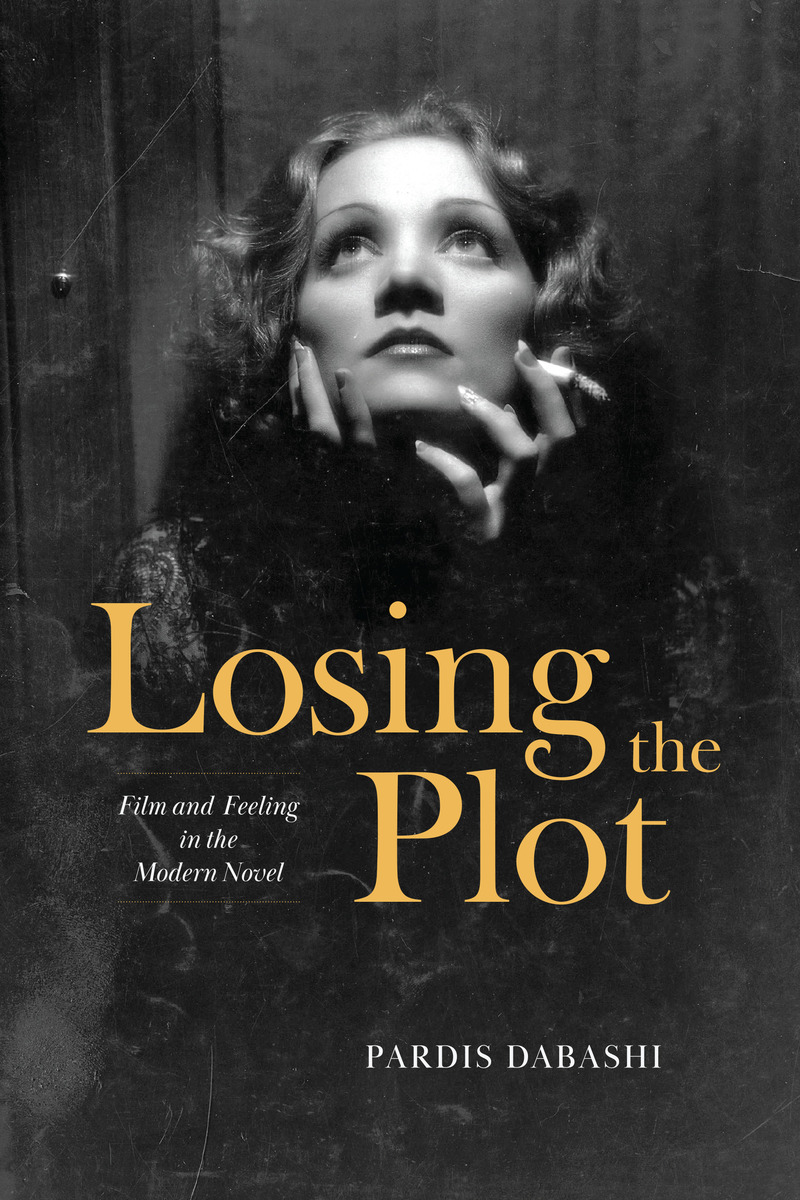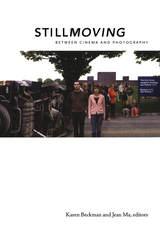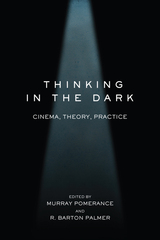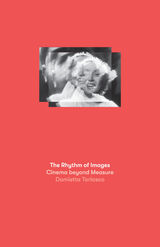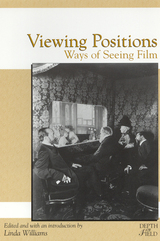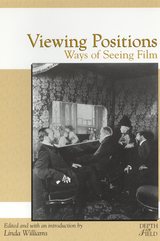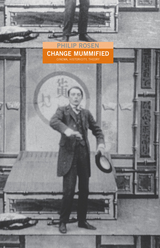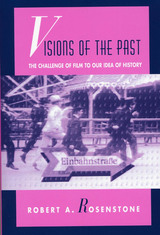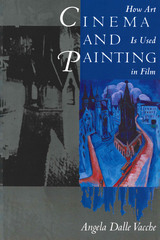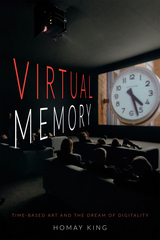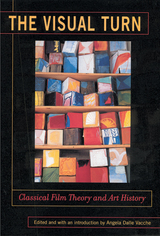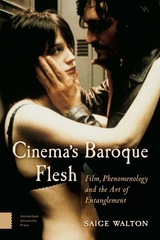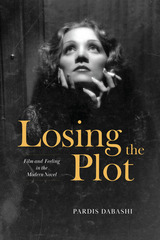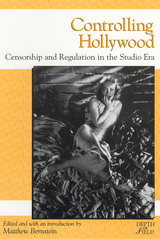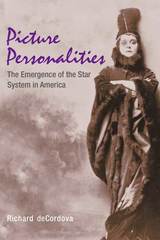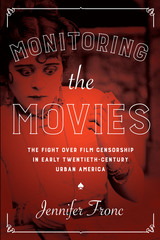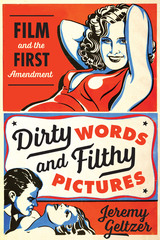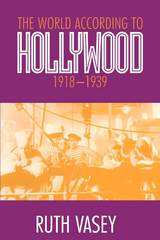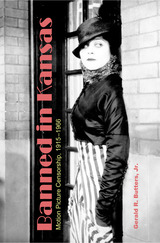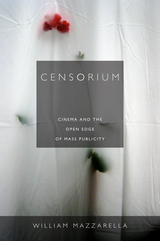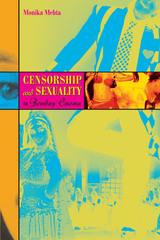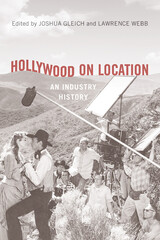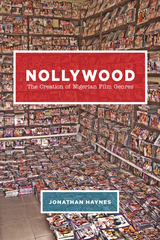Losing the Plot: Film and Feeling in the Modern Novel
University of Chicago Press, 2023
Cloth: 978-0-226-82924-1 | Paper: 978-0-226-82925-8 | eISBN: 978-0-226-82926-5
Library of Congress Classification PN1995.3.D23 2023
Dewey Decimal Classification 813.509
Cloth: 978-0-226-82924-1 | Paper: 978-0-226-82925-8 | eISBN: 978-0-226-82926-5
Library of Congress Classification PN1995.3.D23 2023
Dewey Decimal Classification 813.509
ABOUT THIS BOOK | AUTHOR BIOGRAPHY | REVIEWS | TOC | REQUEST ACCESSIBLE FILE
ABOUT THIS BOOK
An examination of the relationship between literature and classical Hollywood cinema reveals a profound longing for plot in modernist fiction.
The modernist novel sought to escape what Virginia Woolf called the “tyranny” of plot. Yet even as twentieth-century writers pushed against the constraints of plot-driven Victorian novels, plot kept its hold on them through the influence of another medium: the cinema. Focusing on the novels of Nella Larsen, Djuna Barnes, and William Faulkner—writers known for their affinities and connections to classical Hollywood—Pardis Dabashi links the moviegoing practices of these writers to the tensions between the formal properties of their novels and the characters in them. Even when they did not feature outright happy endings, classical Hollywood films often provided satisfying formal resolutions and promoted normative social and political values. Watching these films, modernist authors were reminded of what they were leaving behind—both formally and in the name of aesthetic experimentalism—by losing the plot.
The modernist novel sought to escape what Virginia Woolf called the “tyranny” of plot. Yet even as twentieth-century writers pushed against the constraints of plot-driven Victorian novels, plot kept its hold on them through the influence of another medium: the cinema. Focusing on the novels of Nella Larsen, Djuna Barnes, and William Faulkner—writers known for their affinities and connections to classical Hollywood—Pardis Dabashi links the moviegoing practices of these writers to the tensions between the formal properties of their novels and the characters in them. Even when they did not feature outright happy endings, classical Hollywood films often provided satisfying formal resolutions and promoted normative social and political values. Watching these films, modernist authors were reminded of what they were leaving behind—both formally and in the name of aesthetic experimentalism—by losing the plot.
See other books on: 1897-1962 | Faulkner, William | Feeling | Losing | Motion pictures and literature
See other titles from University of Chicago Press
